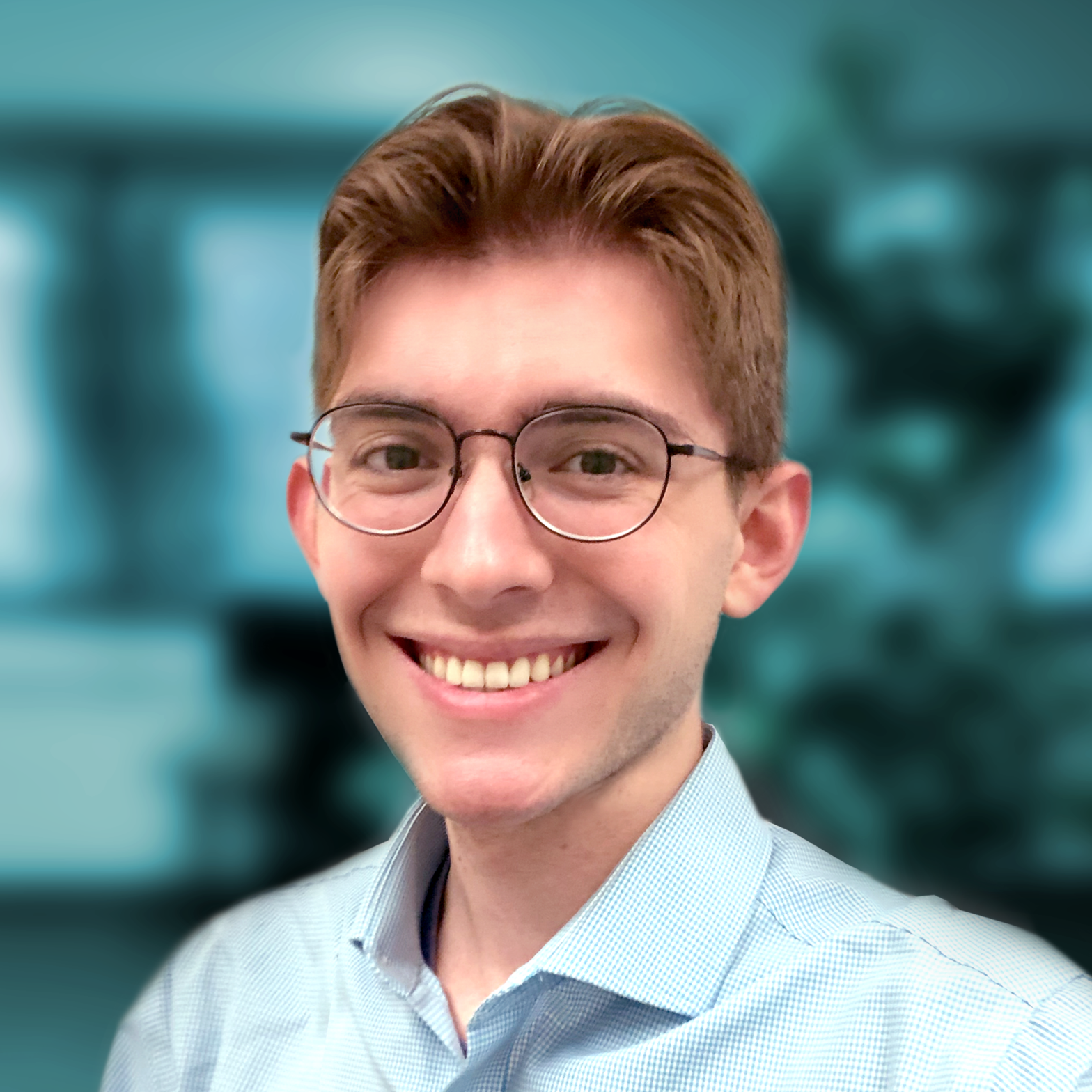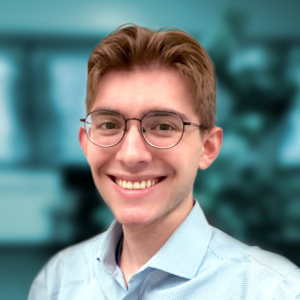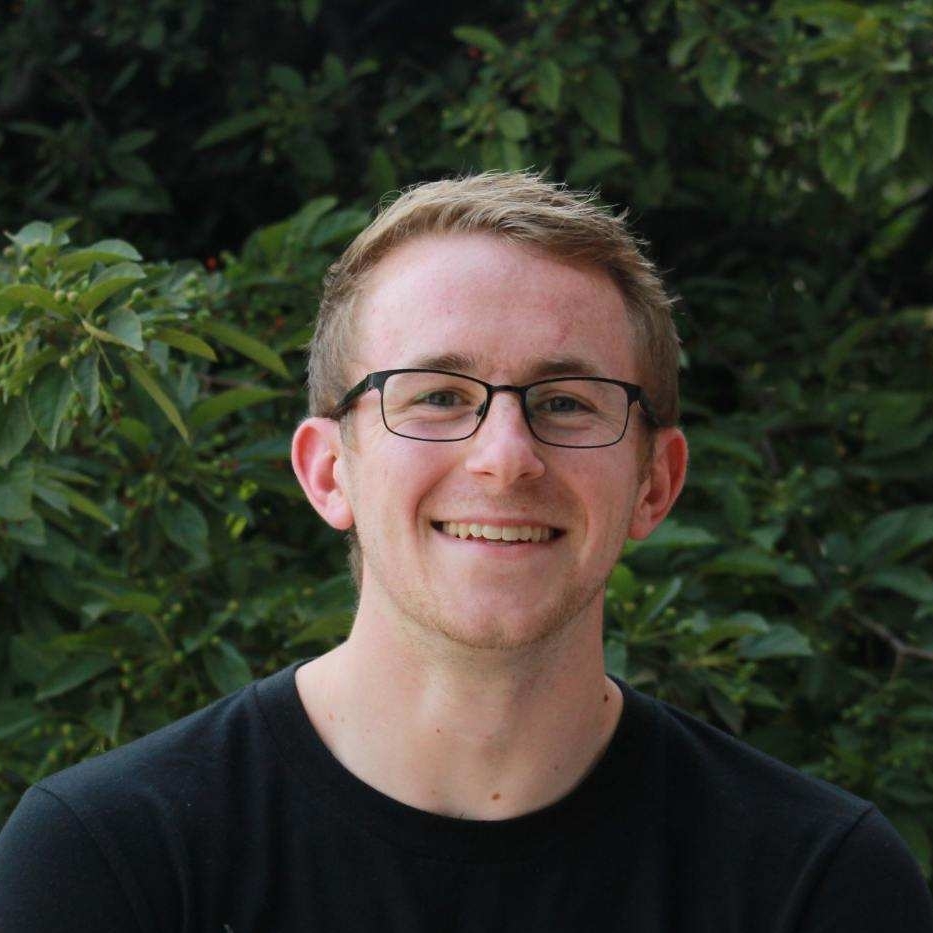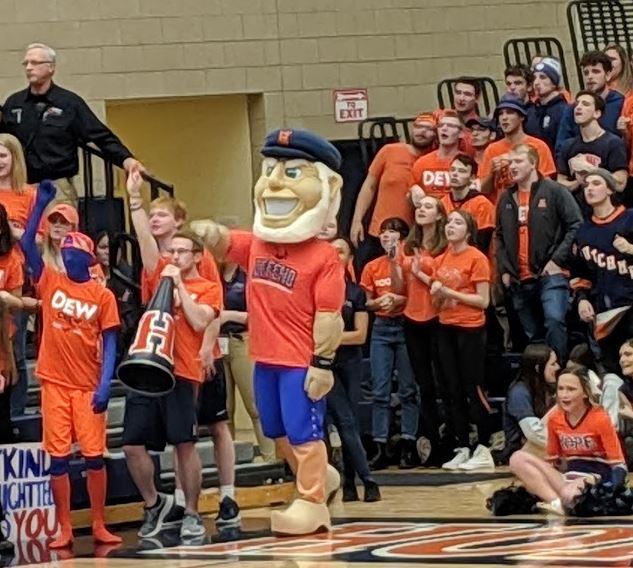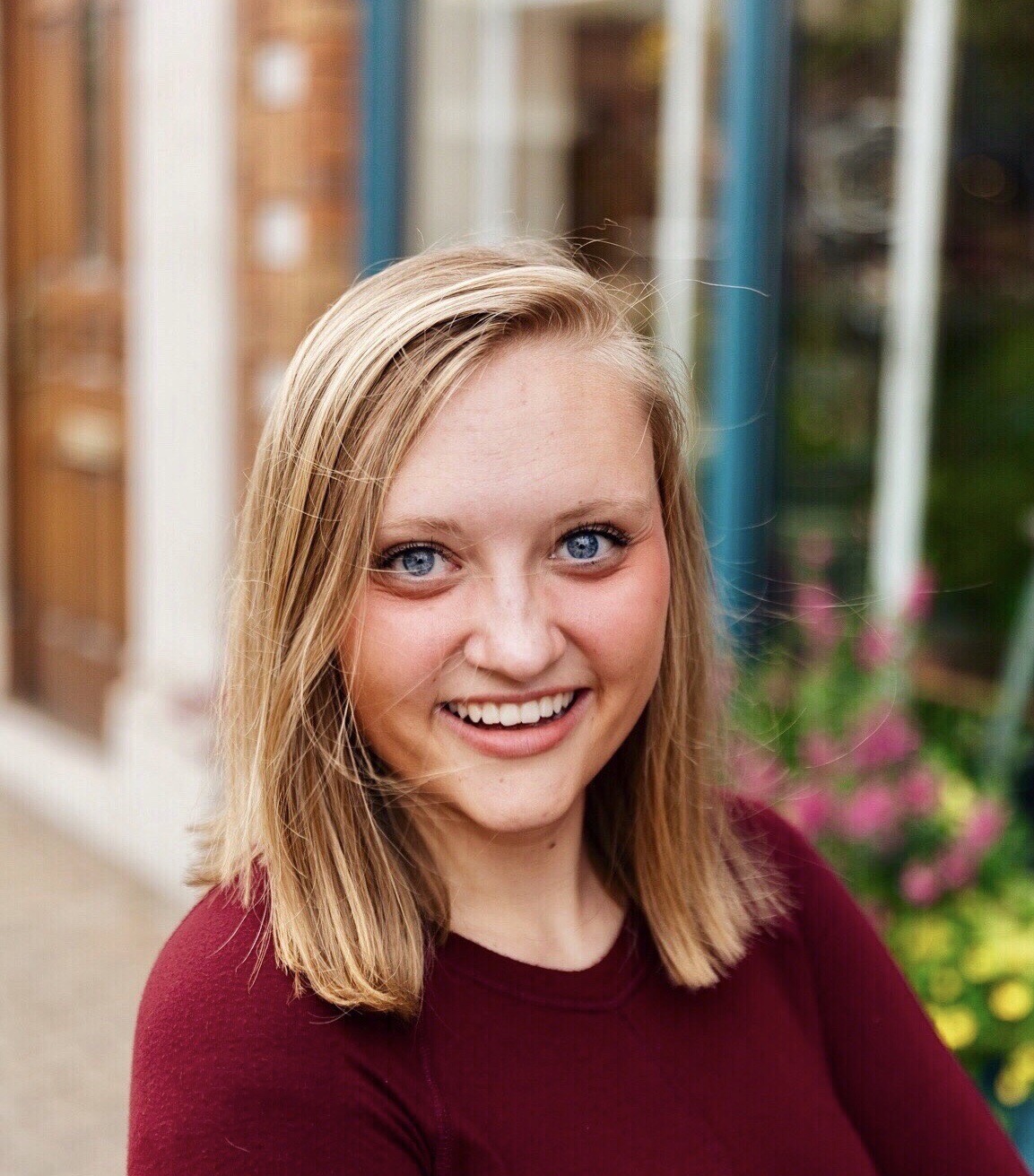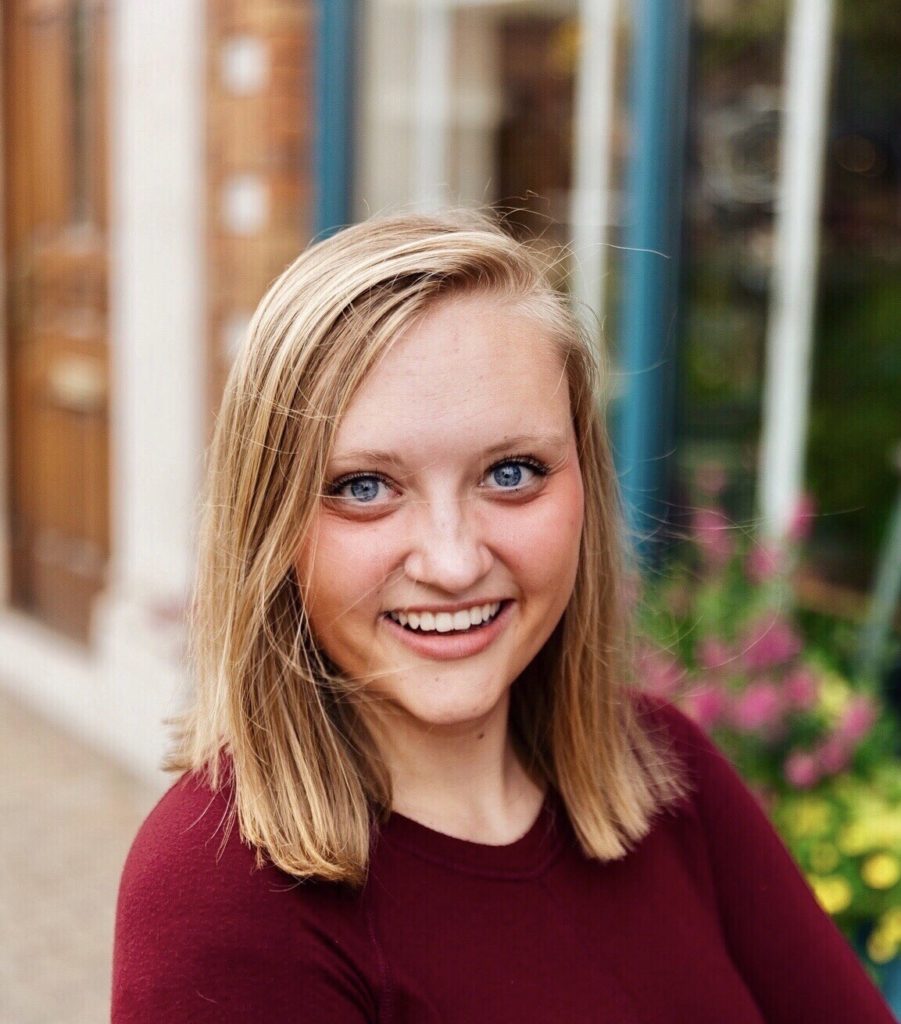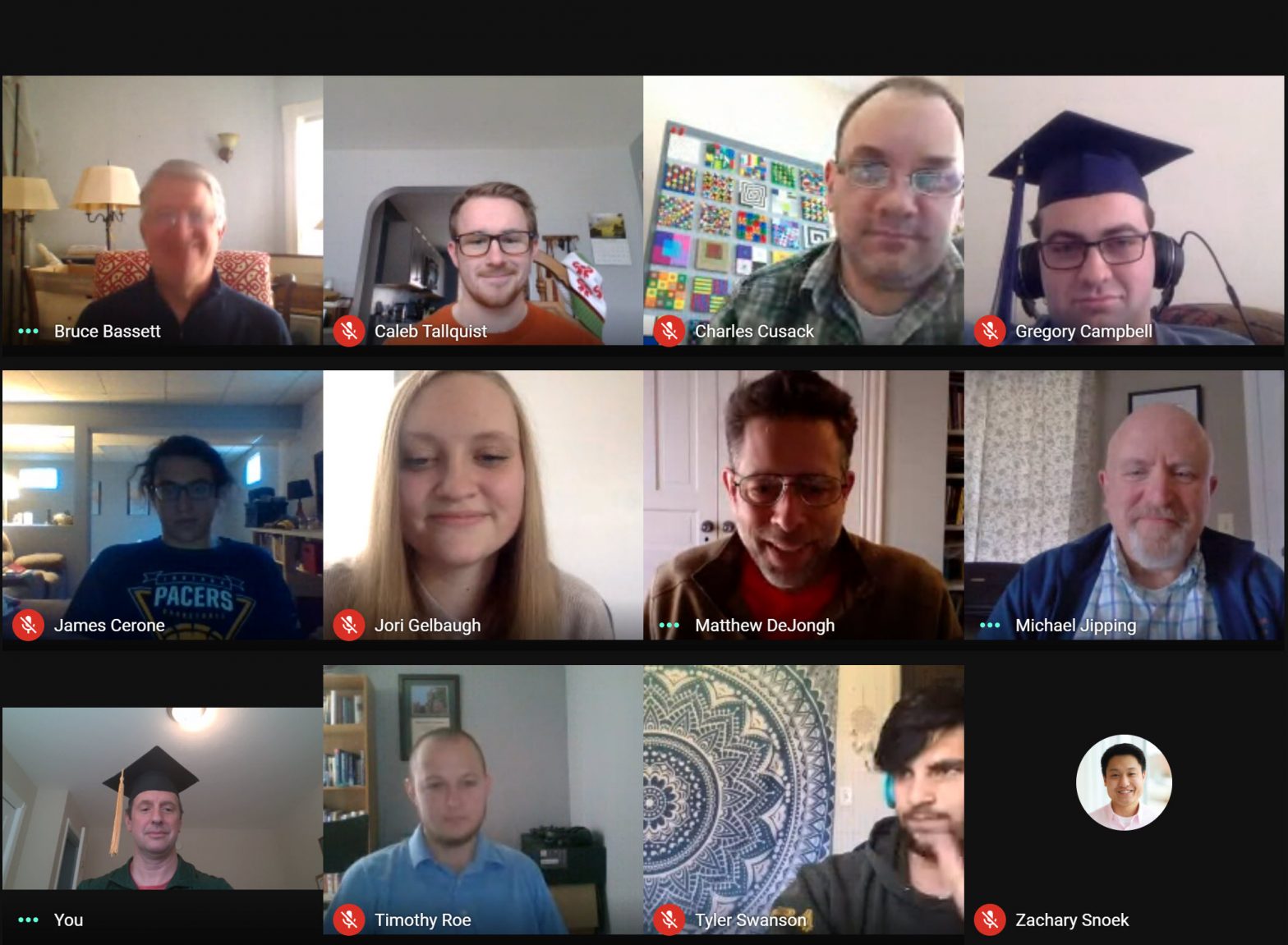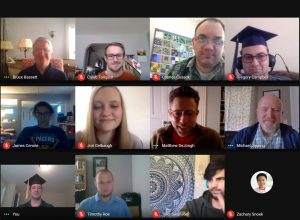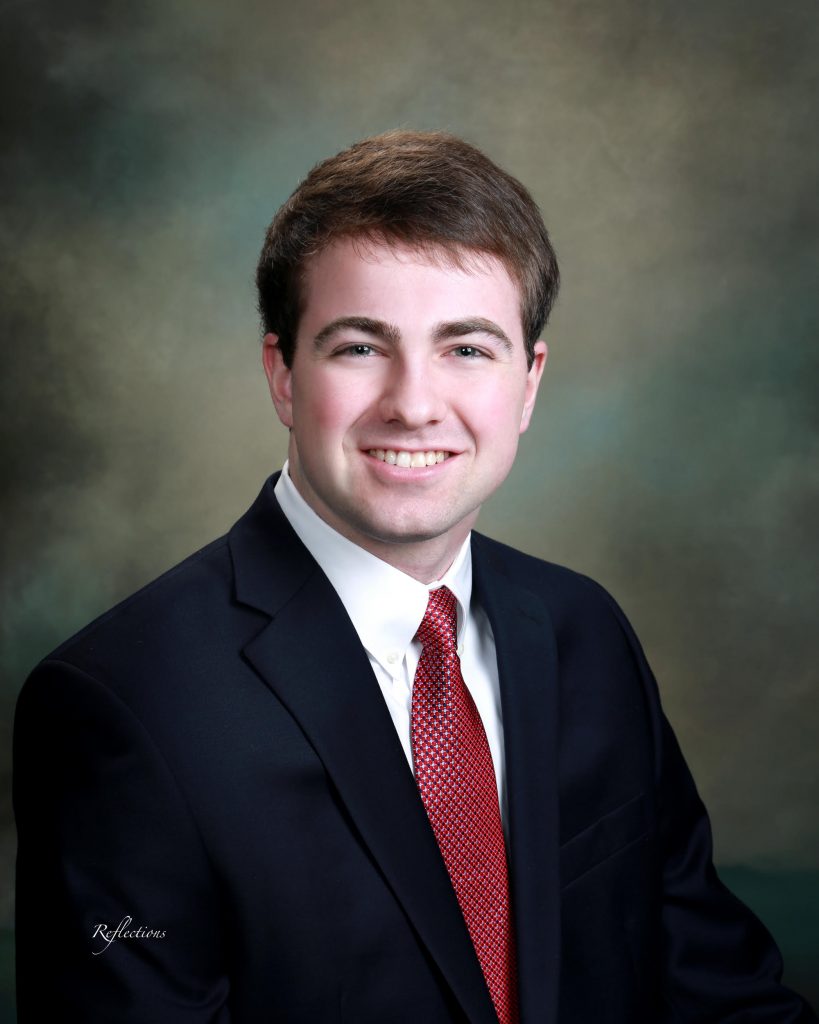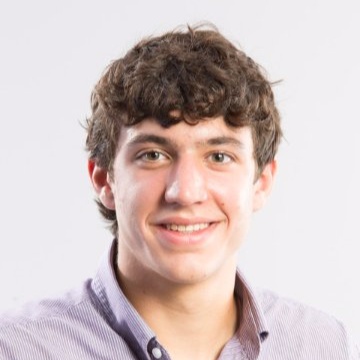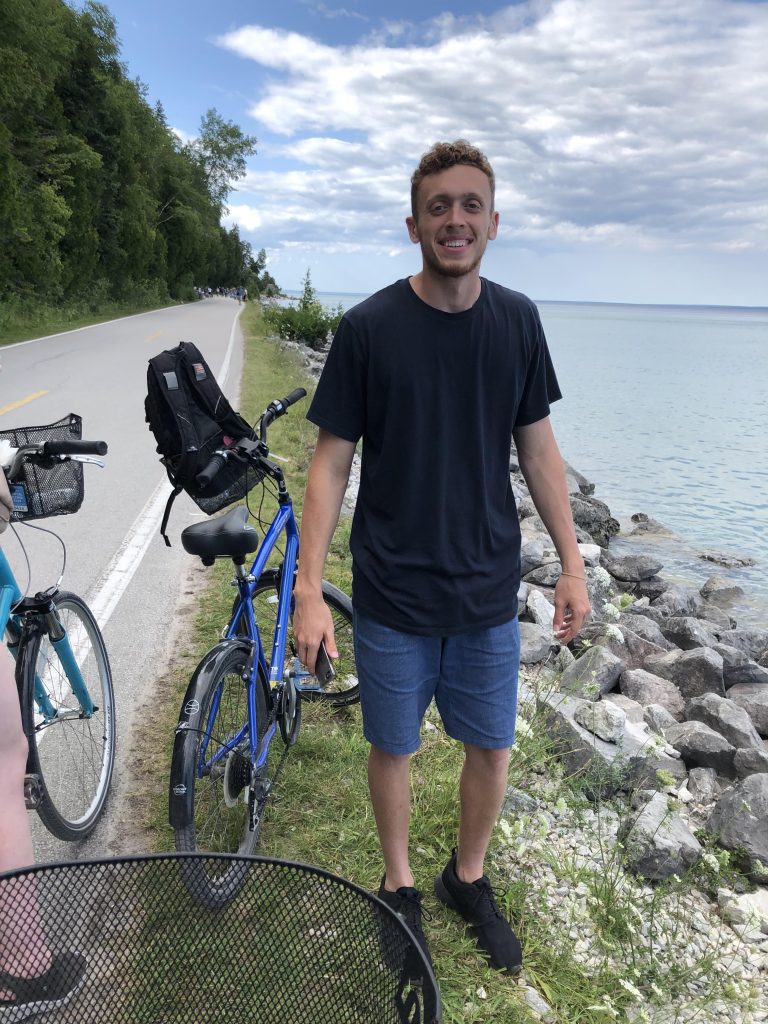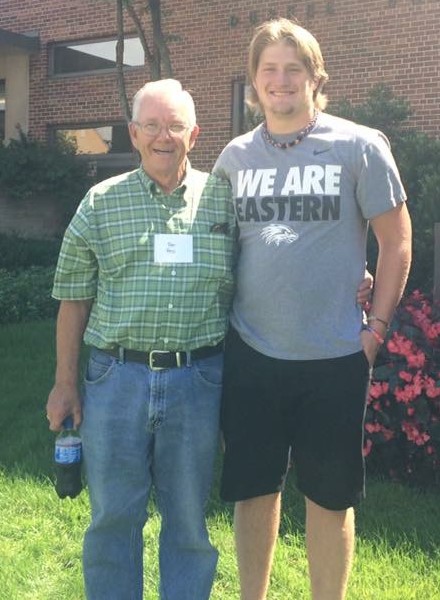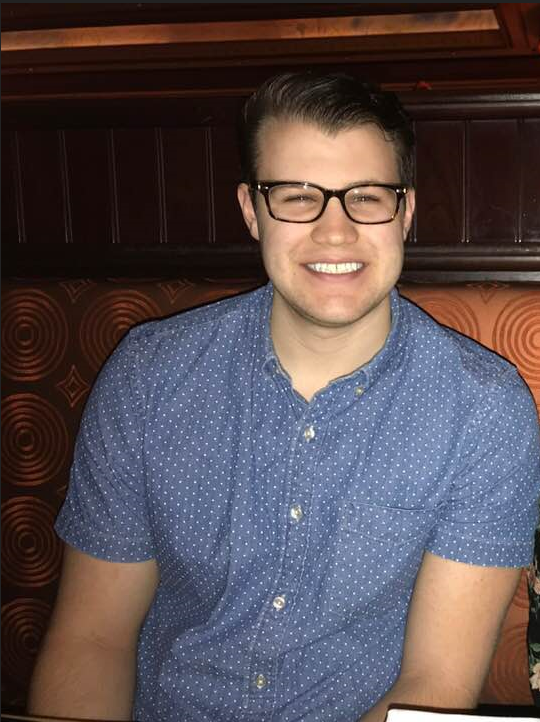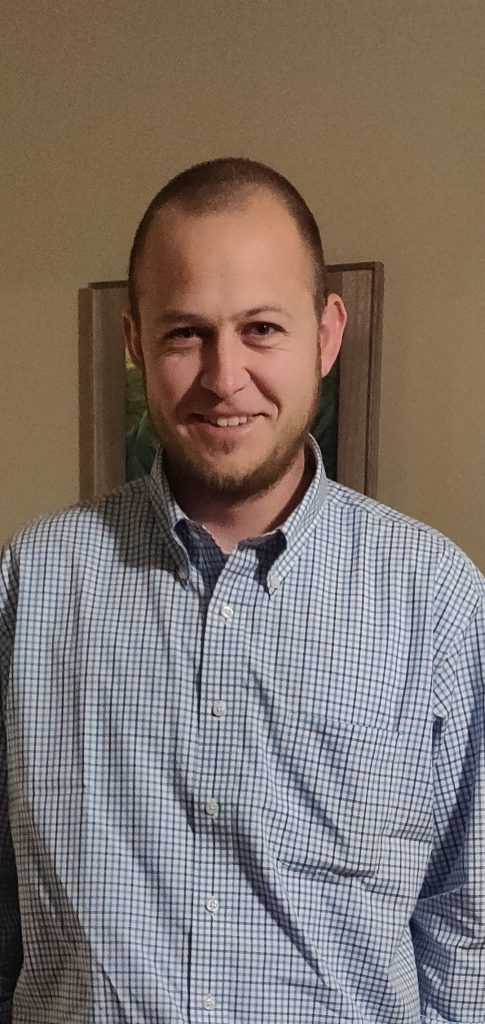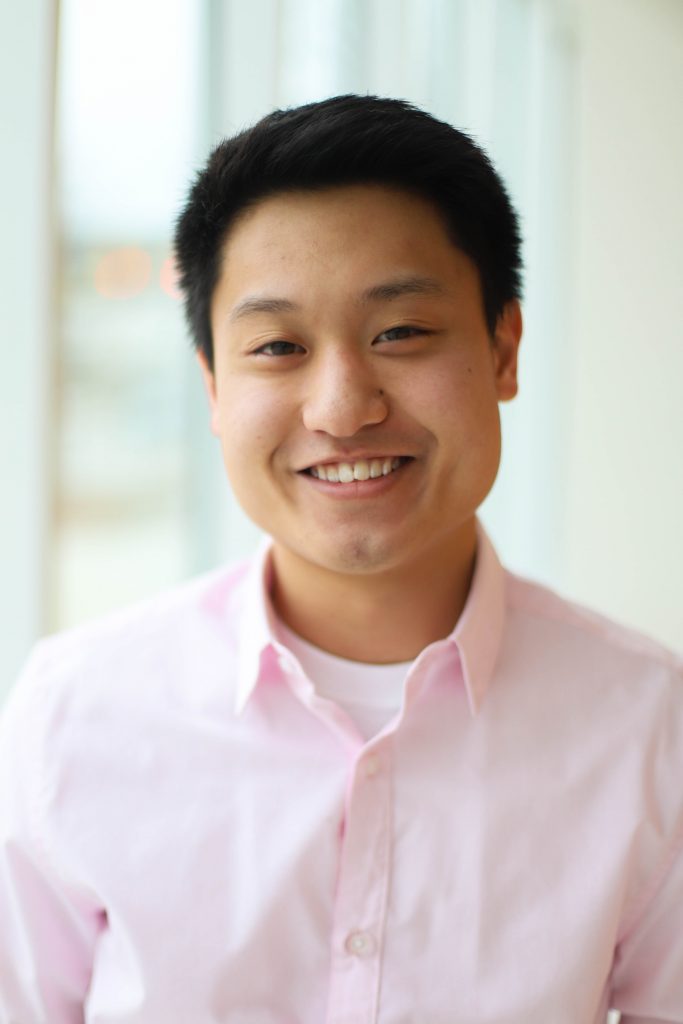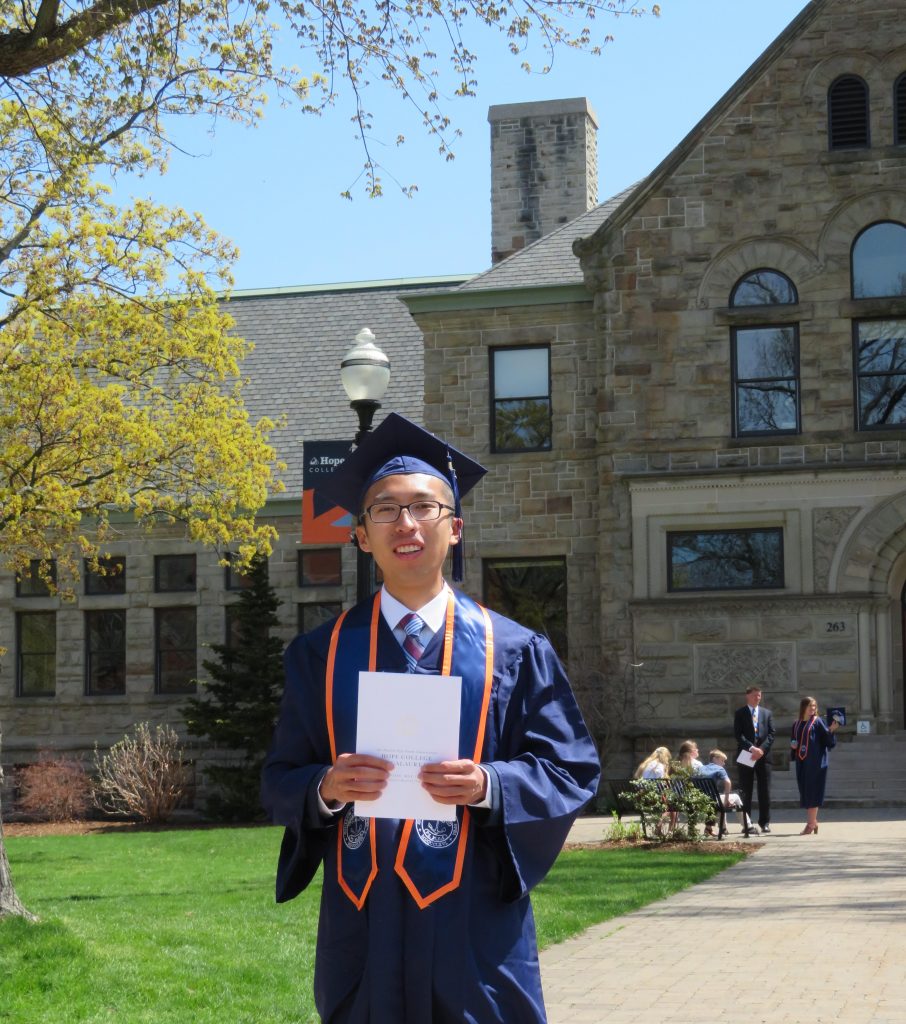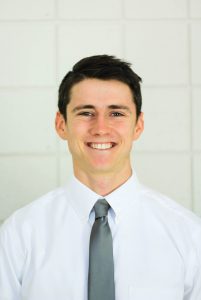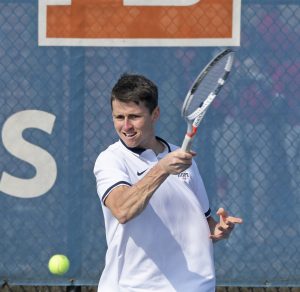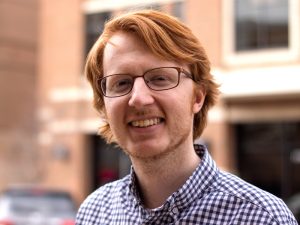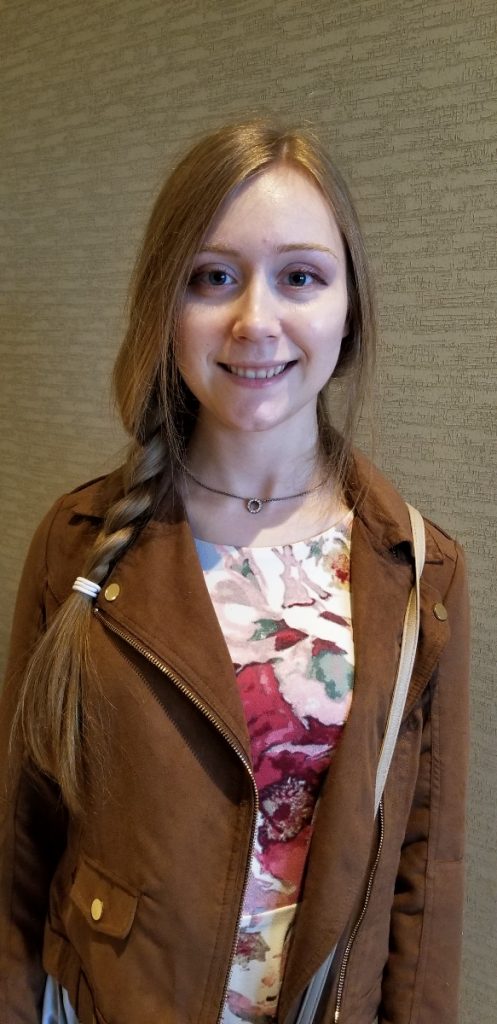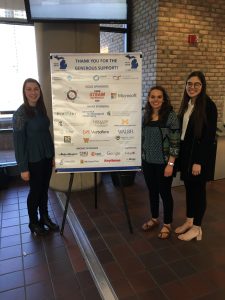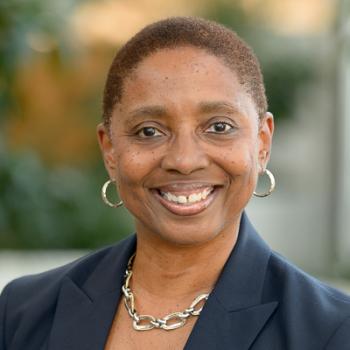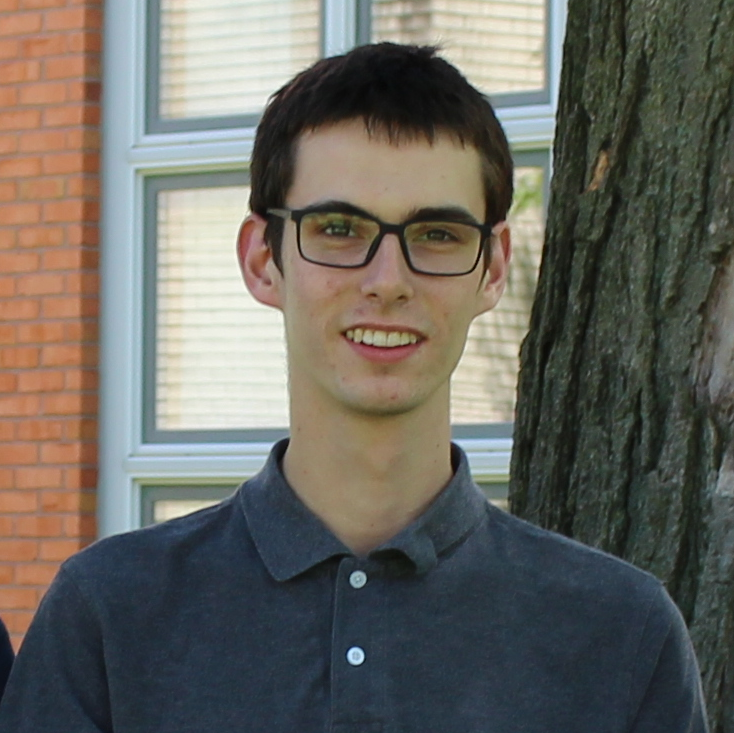
“What do you want to major in when you go to college?” This is a question many incoming first year students don’t know the answer to. Surprisingly, some graduates don’t always know exactly what they will be doing down the road either, even when they have excelled at something during their time in college.
Josiah Brett, the 2021 winner of the Computer Science Senior Prize as the outstanding senior student in Computer Science, is one of those students. This summer he will start a job at Epic, a provider of medical software systems such as MyChart. But, when it comes to 10 years down the road, he is unsure of where you might find him. He does know that he wants to increase his Japanese-speaking skills to the point of approaching fluency, but doesn’t know for sure where that will take him.
Josiah enjoys working with the logic of Computer Science. He was first drawn to CS as a high school student taking an online course about the Java programming language. He found it so interesting that he decided to study Computer Science in college. At Hope he found that learning new programming languages was one of his favorite topics. He enjoyed learning about how different languages and paradigms have unique ways of approaching problem solving.
While functional programming can sometimes be “painful”, it’s still fascinating that code using only nested function calls can accomplish such a wide variety of tasks!
Josiah’s willingness to put in as much effort as necessary and his desire to understand each problem in detail made him a successful student. However, he sometimes found his greatest strengths to be weaknesses when relied upon too much. He recounts as an example his project for the Senior Project Seminar course, in which he was required to learn how to interact with Google Firebase, an online data store. While interacting with Firebase can be relatively simple, Josiah found it somewhat difficult to make progress without trying to fully understand everything that the platform does behind the scenes.
He recommends new Computer Science students spend time thinking about how to make decisions in uncertain situations. This is great advice since we rarely have the benefit of knowing all the details about life’s problems, whether within Computer Science or elsewhere.
In addition to completing coursework in Computer Science, he also participated in two very different summer projects at Hope. The first project, under the supervision of Dr. Charles Cusack, was a research project exploring what sorts of problems in theoretical computer science can benefit from the increased computational capabilities of GPU computing.

He completed his second project in the summer of 2019 as part of the Hope Software Institute. Dr. Michael Jipping of the Computer Science department directed the project, with Dr. Greg Murray of the Biology department serving as the “client”. Josiah and his partner Jonathan Chaffer worked on the iPhone version of TreeSap, a mobile phone app designed to allow nature enthusiasts to identify and understand the value of trees throughout the area of Holland, Michigan.
Congratulations, Josiah! We look forward to hearing where the next 10 years take you.


